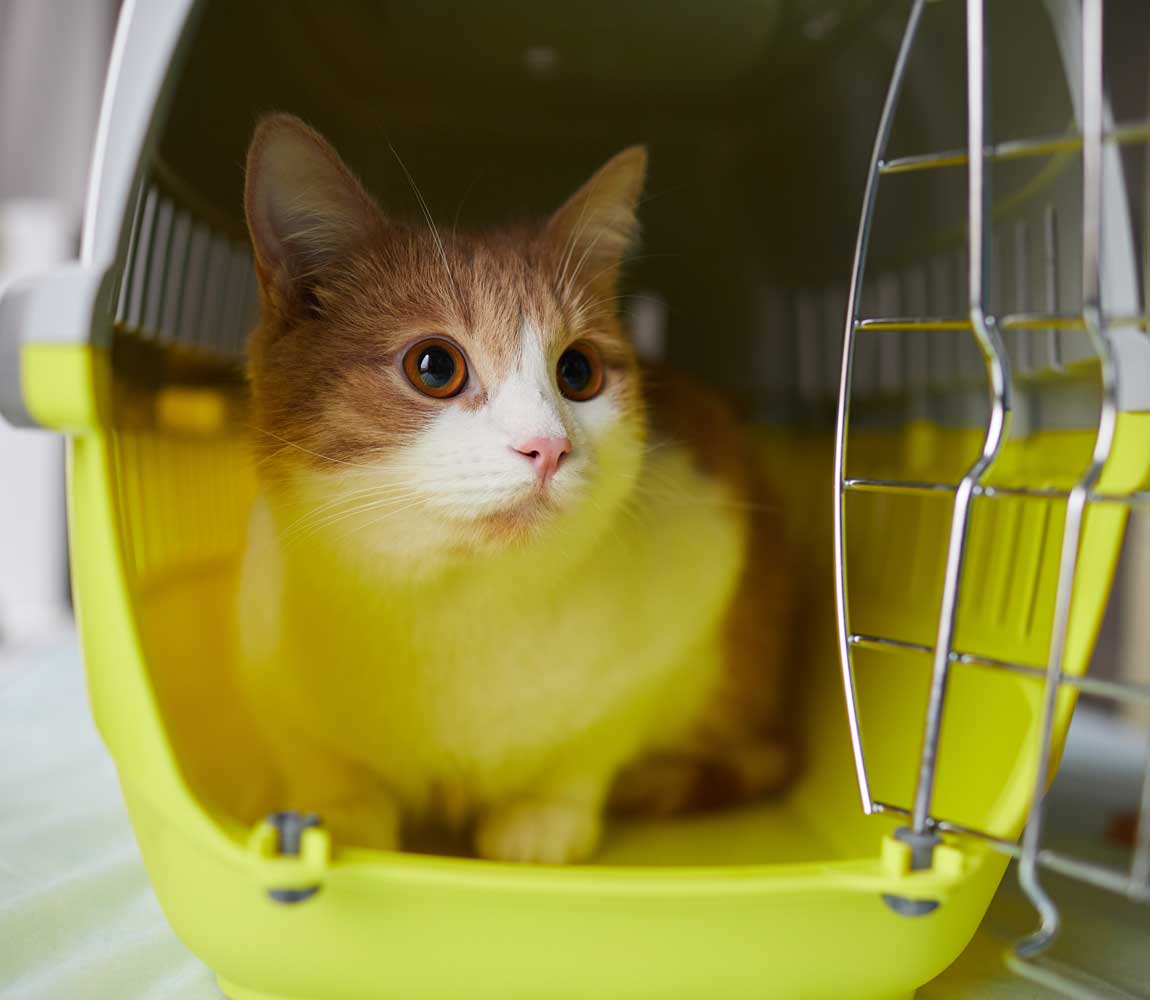Cypress View2021-04-25T20:16:43-06:00
One of the most stressful things about leaving on vacation is what to do with our pets! We came up with a quick list to help you and Fido out to better be prepared so that you can enjoy your well-earned vacation!
1.) Vaccine status
- Most boarding kennels require up-to-date vaccines (including kennel cough) with the certificates presented at the time of kenneling.
- Have the vaccines (if not up to date) done at least a month in advance for optimal immune protection
2.) Parasite prevention
- Lice is a very common parasite that socially boarded dogs will transfer easily to one another
- Dogs are in close quarters, and it usually isn’t a requirement to have flea/tick/deworming medication on board when owners drop their pet off at the kennel.
- To ensure your pet is protected, talk to your Veterinarian about the different topical and oral parasite prevention to be given before and after a visit to the kennel.
3.) Familiar smells and their own bedding
- Provide the boarding kennel with Fido’s favorite bed to sleep in at night, a favorite toy, and even something that smells like you (a worn t-shirt?)
4.) Emergency numbers and email
- If there is an emergency, have a person who could be plan B and who the kennel can call if need be. Always arrange a plan B!
- Let the boarding kennel know who your regular Veterinary Clinic is in case of an emergency or if your pet becomes ill at the kennel.
- Provide the kennel with an email you can check regularly (if you cannot be called) in case of an emergency and they need to get in touch with you
5.) Let your Veterinary Clinic know
- Giving your regular Veterinary Clinic a call to let them know your pet is at a specific kennel and arranging a payment option if your pet becomes ill while you are away will ensure efficient and timely care.
6.) Have pre-visits or day stays so your pet is familiar with the boarding kennel
- If your pet has never been to a kennel, try to arrange some day stays so it puts your mind and your pet at ease when the big day comes.
- The pre-arranged visits will then also more prepare you and your pet if the kennel you chose is a good fit
7.) Medications
- If you pet is on any medications that need to be taken daily, give the boarding kennel a heads-up at time of booking, so that they can be better prepared.
- Make sure to have more than enough medications for your pet, in case the medications get spilt or wasted (spit out!)
- Have instructions on how you give the medications to your pet, to make it less stressful for both the kennel and your pet (pill goes in the food, in a treat, etc.)
8.) A list of quirks your dog has
- To help avoid a sticky situation at the kennel (doesn’t play well with others, doesn’t like men, not good with restraint, etc.)
9.) Have food and treats good for as long as you are gone for and more
- Let the kennel know of any allergies your pet may have or if they have a sensitive stomach!
- If you’re unsure how your pet will be at the kennel, picking up some probiotics that can be mixed in their food daily can help if they develop an upset stomach from anxiety
10.) An Appeasing Pheromone collar
- An Adaptil collar helps your pet feel secure in a new environment, and is especially helpful with a pet with anxiety
- The pheromone collars should be started at least a month before going to the kennel.
Placing your dog in a boarding kennel can be a very stressful time for both you and your pet. We hope these tips can help you help your pup to make the kennel a fun place to be! Happy Travelling!


